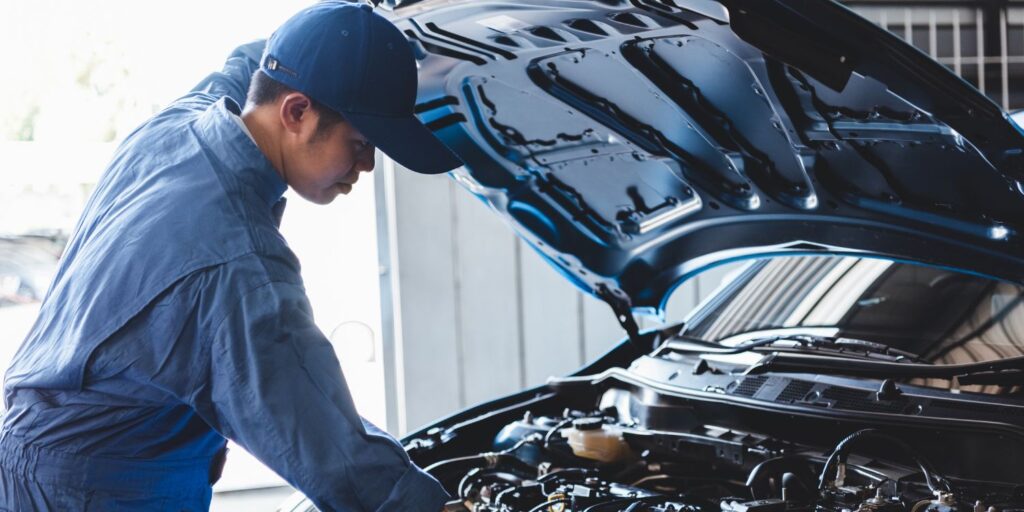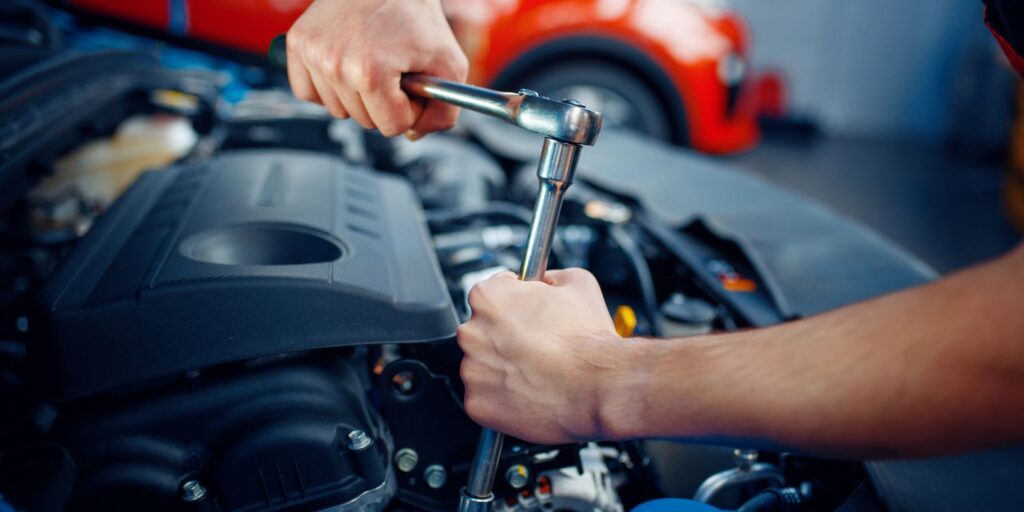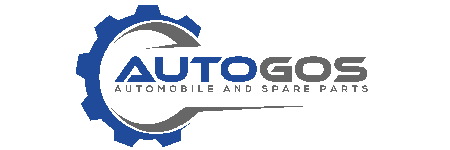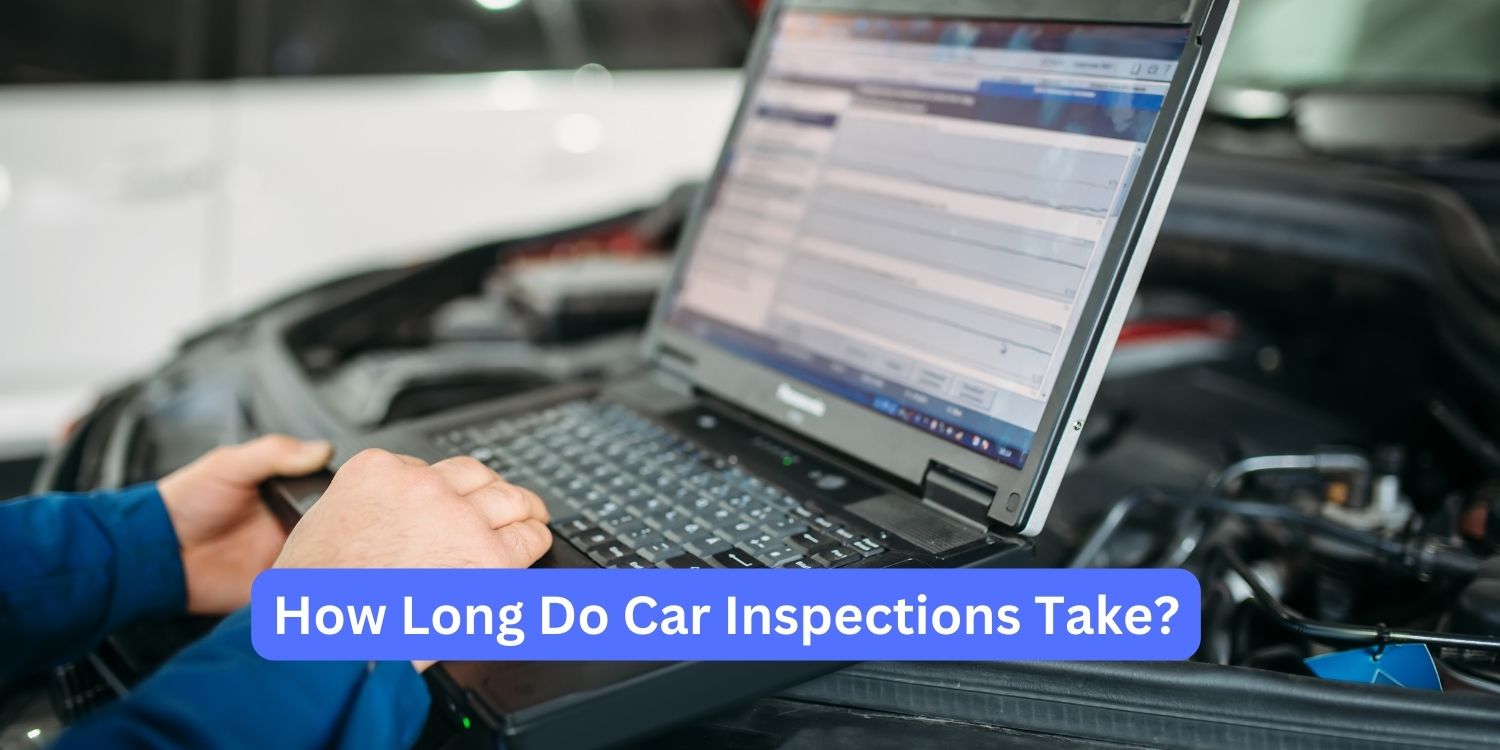Car inspections are important to owning a car and ensuring safety and regulation compliance. Many factors can affect the duration of a car inspection, leading to uncertainty for car owners.
Understanding how long a car inspection typically takes and the factors influencing the process can help you better plan your time.
In this article I will give you e a detailed guide to the duration of car inspections, covering different types of inspections, appointment versus walk-in scenarios, the condition of the vehicle, the efficiency of the inspector, and any additional tests that may be required.
What is the Importance of Getting a Car Inspection
- Ensures the vehicle is safe for you and others on the road.
- Ensures the vehicle meets regulatory standards and is roadworthy.
- Helps identify potential issues early, preventing costly repairs later.
- Some insurance policies require regular inspections to maintain coverage.
- A well-maintained vehicle with a documented inspection history can fetch a higher resale value.
- Emissions inspections help reduce harmful emissions, contributing to a cleaner environment.
- Knowing your vehicle has been thoroughly inspected can give you confidence in its reliability.
What is the Process of Getting a Car Inspection
Getting a car inspection is an important part of car ownership. It ensures that your car is safe to drive and meets regulatory standards.
The process can vary depending on your location and the type of inspection required, but generally, it involves several steps:

1. Initial Inspection and Documentation Check
When you arrive at the inspection station, an inspector will first visually examine your vehicle’s exterior, interior, and undercarriage.
They will look for any visible damage, leaks, or defects affecting the vehicle’s safety or compliance.
The inspector will verify that your vehicle’s registration, insurance, and required documentation are current.
2. Functional Component Check
After the initial inspection, the inspector will test the functionality of key vehicle components.
This includes checking the operation of lights, brakes, horns, windshield wipers, and seat belts.
They will also examine the condition of your tyres, including tread depth and inflation, to ensure they meet safety standards.
3. Emissions Test
If your location requires an emissions test, the inspector will conduct this test to measure your vehicle’s emissions output.
This test is important for your vehicle to meet environmental standards. It typically involves connecting a probe to your vehicle’s tailpipe to measure the emissions.
4. Diagnostic Scan
Some inspections may include a diagnostic scan to check for the car computer system error codes.
This step helps identify any underlying issues that may not be apparent during a visual inspection. The diagnostic scan ensures that your vehicle’s onboard systems are functioning correctly.
5. Final Assessment and Recommendations
Based on the inspection findings, the inspector will finally assess your vehicle’s condition. They will inform you if your vehicle has passed or failed the inspection.
If your car fails the inspection, the inspector will recommend any necessary repairs or maintenance to bring your vehicle up to standard.

How Can We Reduce the Time Required for Car Inspections?
Reducing the time required for car inspections can be achieved through several strategies. First, ensuring your vehicle is well-maintained and in good condition before the inspection can help expedite the process.
This includes addressing any known issues and keeping up with regular maintenance schedules. Further, scheduling an appointment at a less busy time or using stations that offer online scheduling can help minimize wait times.
Preparing with all necessary documentation and ensuring your vehicle is easily accessible for inspection can also help streamline the process.
Finally, staying informed about your area’s specific requirements and regulations can help you prepare adequately and avoid delays during the inspection.
Read more about Why Is My Car AC Blowing Hot Air?
FAQS
Some frequently asked questions about car inspection are :
How often do I need to get a car inspection?
The frequency of car inspections varies by location. In most areas, inspections are required annually or biennially.
However, it’s essential to check your local regulations for specific requirements.
What happens if my car fails the inspection?
If your car fails the inspection, you will receive a list of issues that must be addressed. You must have these issues fixed before your vehicle can pass the inspection.
Depending on the regulations in your area, you may be required to return for a re-inspection after the repairs are completed.
How much does a car inspection cost?
The cost of a car inspection varies depending on the location and the type of inspection required.
Generally, a basic inspection can cost anywhere from $20 to $50, while more comprehensive inspections may cost upwards of $100 or more.
Can I drive my car if it fails the inspection?
In most cases, you will be allowed to drive your car after it fails the inspection, but only for a limited period.
This period is usually specified by the inspection station or local regulations. It’s essential to address the issues promptly to avoid any legal consequences.
What should I do to prepare for a car inspection?
To prepare for a car inspection, ensure your vehicle is clean inside and out.
Remove any personal items and clutter from the interior. Additionally, check for any warning lights on the dashboard and address any known issues beforehand.
Do I need an appointment for a car inspection?
The need for an appointment varies by inspection station. Some stations accept walk-ins, while others may require scheduling an appointment in advance.
To determine their policy, it’s best to check with the inspection station beforehand.
Conclusion
car inspections are a vital part of vehicle ownership, ensuring safety, compliance with regulations, and proper maintenance.
Understanding the inspection process and following the tips outlined above, can reduce the time required for inspections and ensure a smooth and efficient experience.
Regular inspections keep you safe on the road and help maintain the value and performance of your vehicle in the long run.




